Freediving and spearfishing, as an art form, bring humans back to the sea in a way that few other activities do. These traditional methods require physical self-discipline, mental concentration, and deep respect for sea habitats. In every corner of the world, small communities of coast-dwellers keep these traditions alive and are open to new members seeking to learn.
Below is a list of the top 20 seaside villages where one can learn the art of freediving or spearfishing while surrounded by genuine local culture.
Amed, Bali, Indonesia
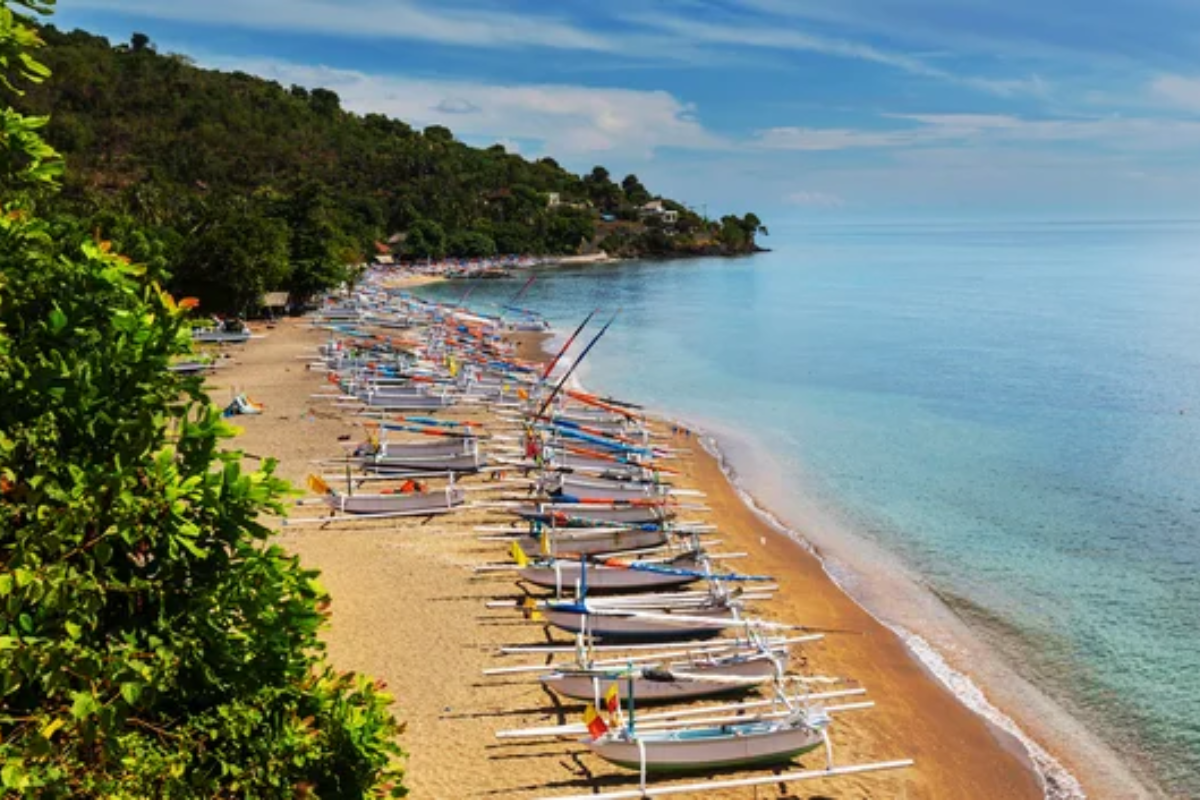
This quiet village on Bali’s eastern coast has become a haven for freedivers drawn to its tranquil waters and gentle pace. The Japanese Shipwreck, just offshore, offers an accessible training site surrounded by coral and marine life.
Amed’s black sand beaches slope gently into the sea, making it ideal for gradual depth practice. The community’s mix of Balinese tradition and diving culture encourages a mindful, respectful relationship with the ocean.
Dahab, Sinai Peninsula, Egypt
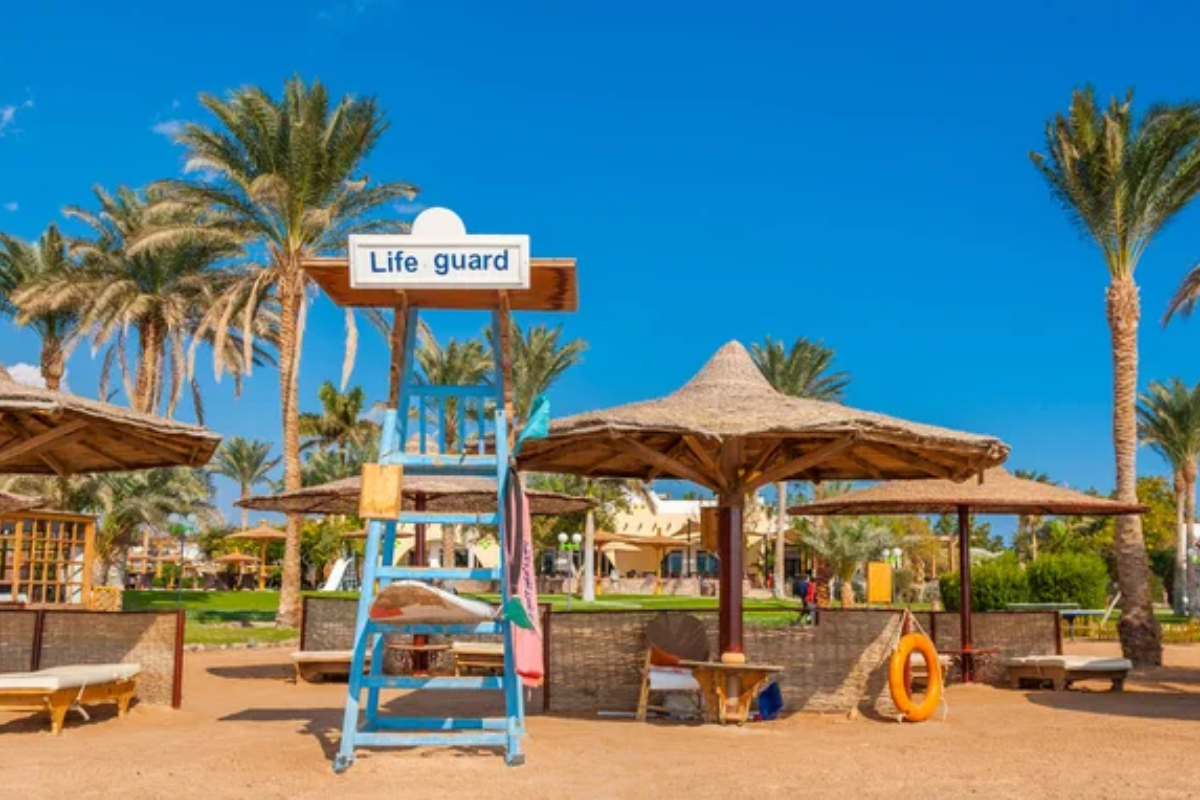
This once Bedouin village used to serve primarily as a fishing settlement; however, its calm atmosphere and crystal-clear waters have made it a retreat for freedivers and spearfishers. Exceptional visibility and vivid marine life at distinct diving sites in Dahab—The Canyon and the Lighthouse Reef—make a good case for warm waters that remain suitable for diving all year round.
A beginner will relish the warm waters, while more accomplished divers can also enjoy their adventures. Local instructors incorporate traditional Bedouin diving techniques with modern methods, deepening awareness of the sea and its ecology while maintaining safety and sustainability.
Like Travel Pug’s content? Follow us on MSN.
Kailua-Kona, Hawaii, USA
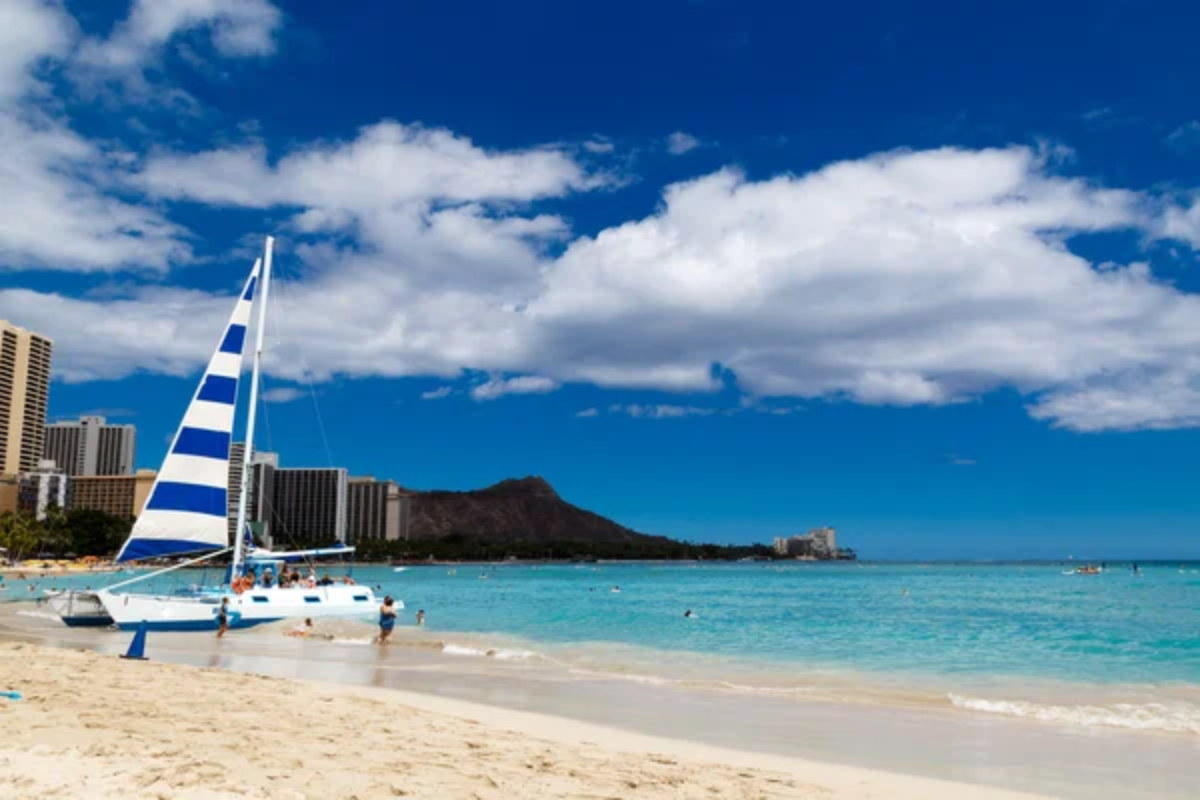
Spearfishing traditions in Hawaii date back centuries, and Kailua-Kona remains a living museum of these practices. The volcanic coastline creates diverse underwater terrain from shallow reefs to dramatic drop-offs.
Local instructors emphasize the Hawaiian concept of ‘pono’ — righteousness in harvesting only what’s needed from the sea.
Kas, Mediterranean Coast, Turkey
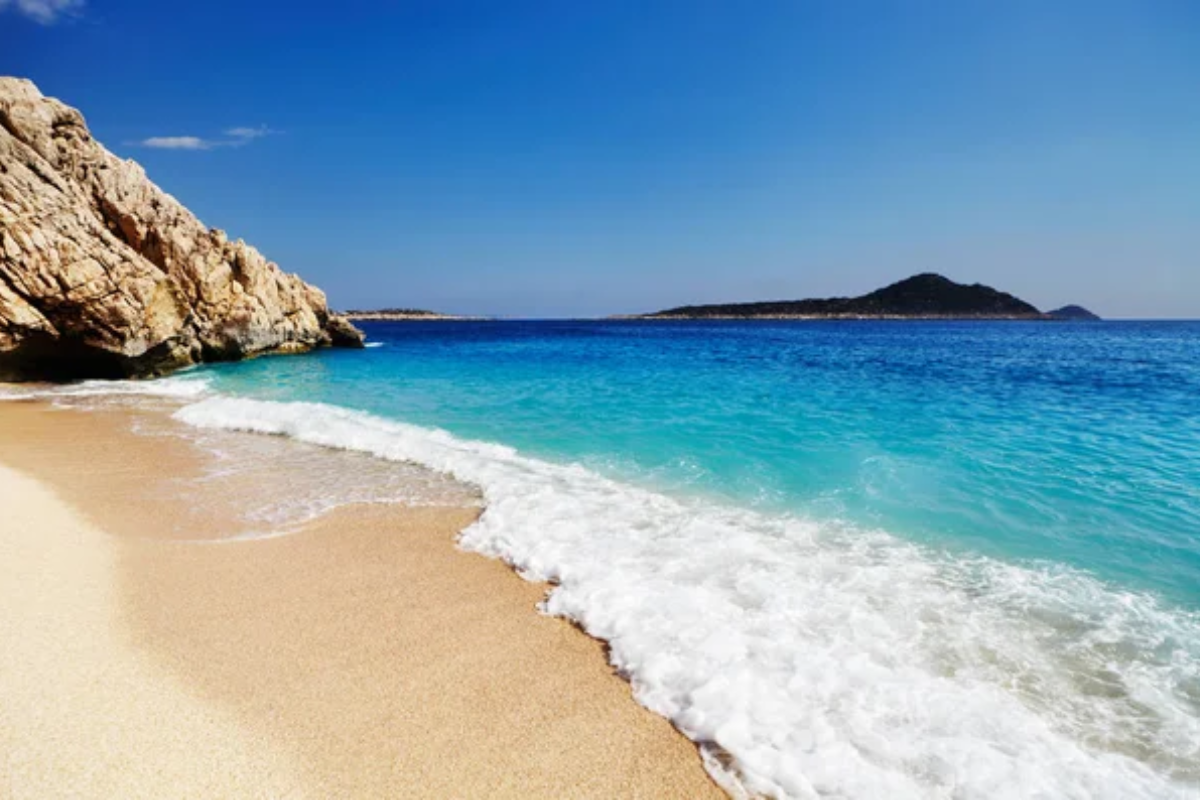
This lovely Turkish town presents an ancient Lycian ruin above water and pristine diving conditions beneath. Kas is home to numerous freediving schools and regular competitions in the defined bays.
The Mediterranean waters offer excellent visibility and a vibrant marine ecosystem for spearfishing enthusiasts to learn sustainable practices.
Ito, Izu Peninsula, Japan
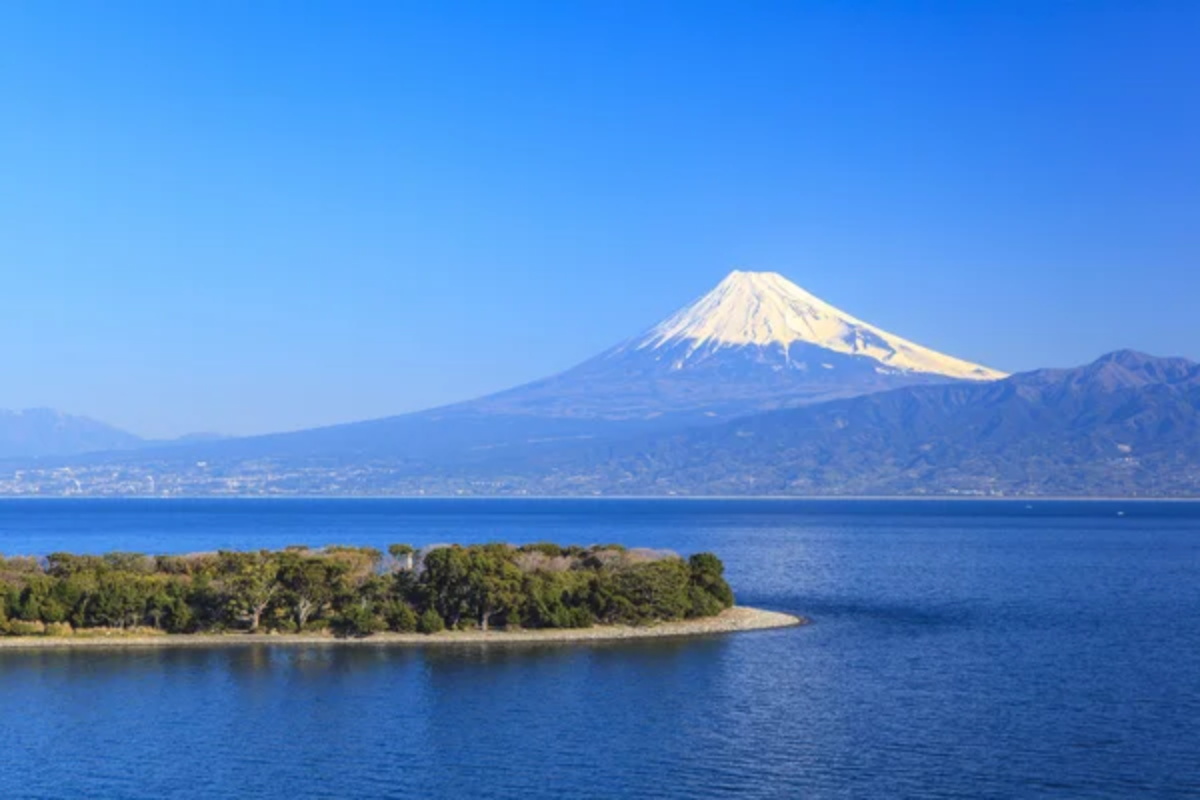
Japan’s traditional ‘Ama’ female freedivers have harvested seafood here for thousands of years. In Ito, a few remaining Ama divers now teach their breath-holding techniques and ocean wisdom.
The rugged coastline provides varied underwater environments from kelp forests to deep rocky channels teeming with life.
Like Travel Pug’s content? Follow us on MSN.
Bayahibe, Dominican Republic
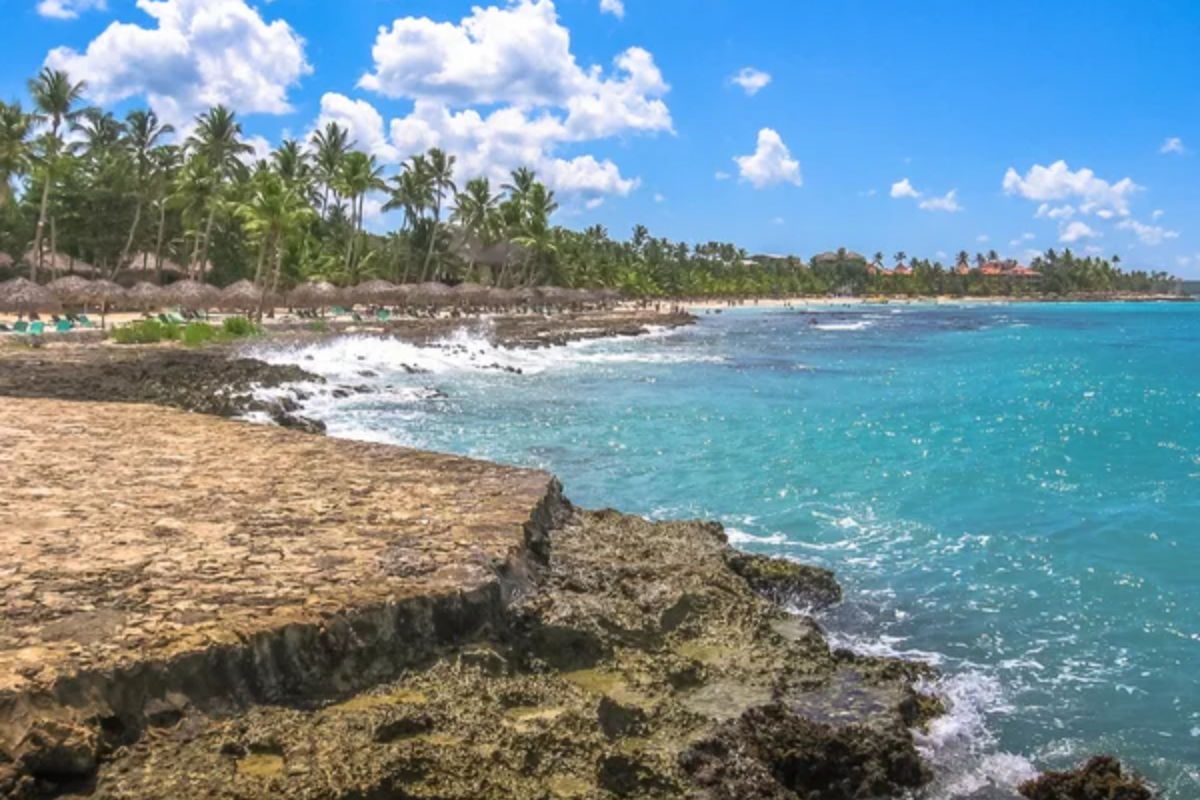
Once a simple fishing village, Bayahibe now balances tourism with preserving its maritime heritage. The crystal waters of the Caribbean, with depths increasing gradually offshore, provide perfect training grounds for novice freedivers.
Local fishermen share generations of knowledge about currents, fish behavior, and sustainable harvesting.
Porto da Barra, Salvador, Brazil
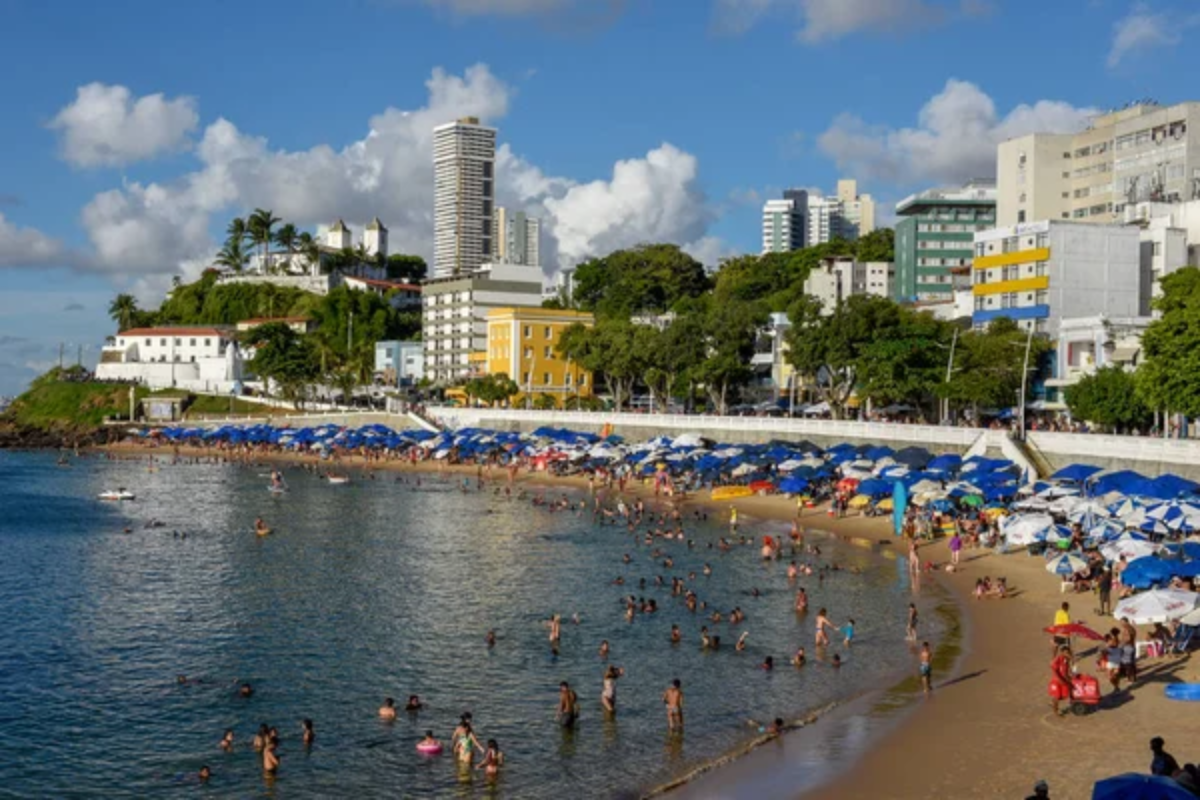
This historic beach in Salvador blends Brazilian culture with outstanding diving conditions. Porto da Barra’s protected bay offers calm waters for beginners while more experienced divers explore nearby reefs.
The village embraces a fusion of indigenous, African, and Portuguese spearfishing techniques taught by colorful local characters.
Taganga, Caribbean Coast, Colombia
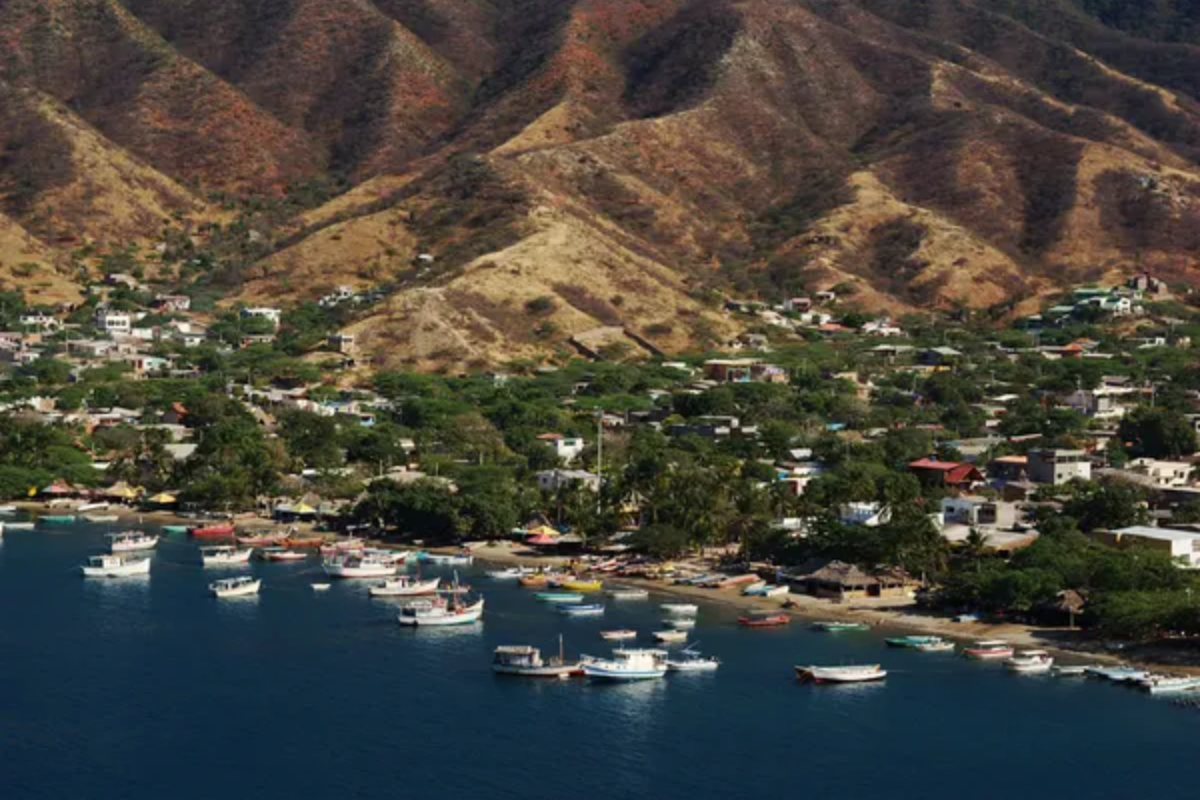
Tucked into a bay near Tayrona National Park, Taganga maintains its fishing village roots while emerging as a freediving destination. The warm Caribbean waters host an abundance of marine life in inaccessible depths.
Local instructors often combine training with excursions to hidden coves that are only reachable by boat.
Like Travel Pug’s content? Follow us on MSN.
Port Vila, Efate Island, Vanuatu
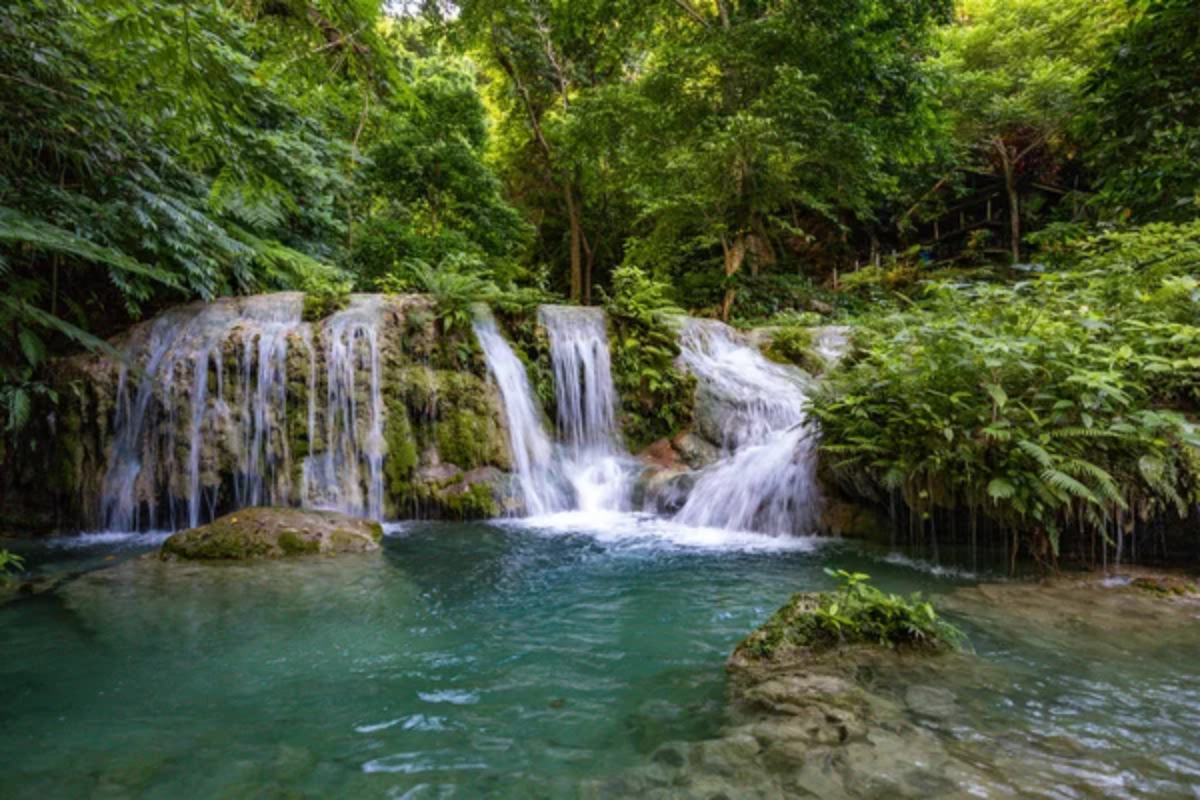
Vanuatu’s traditional ‘water people’ have passed freediving skills through countless generations. Port Vila offers access to underwater caves, walls, and reefs in exceptionally clear water.
The local approach emphasizes a spiritual connection to the ocean alongside technical skills, creating a holistic learning experience.
Pescador Island, Moalboal, Philippines
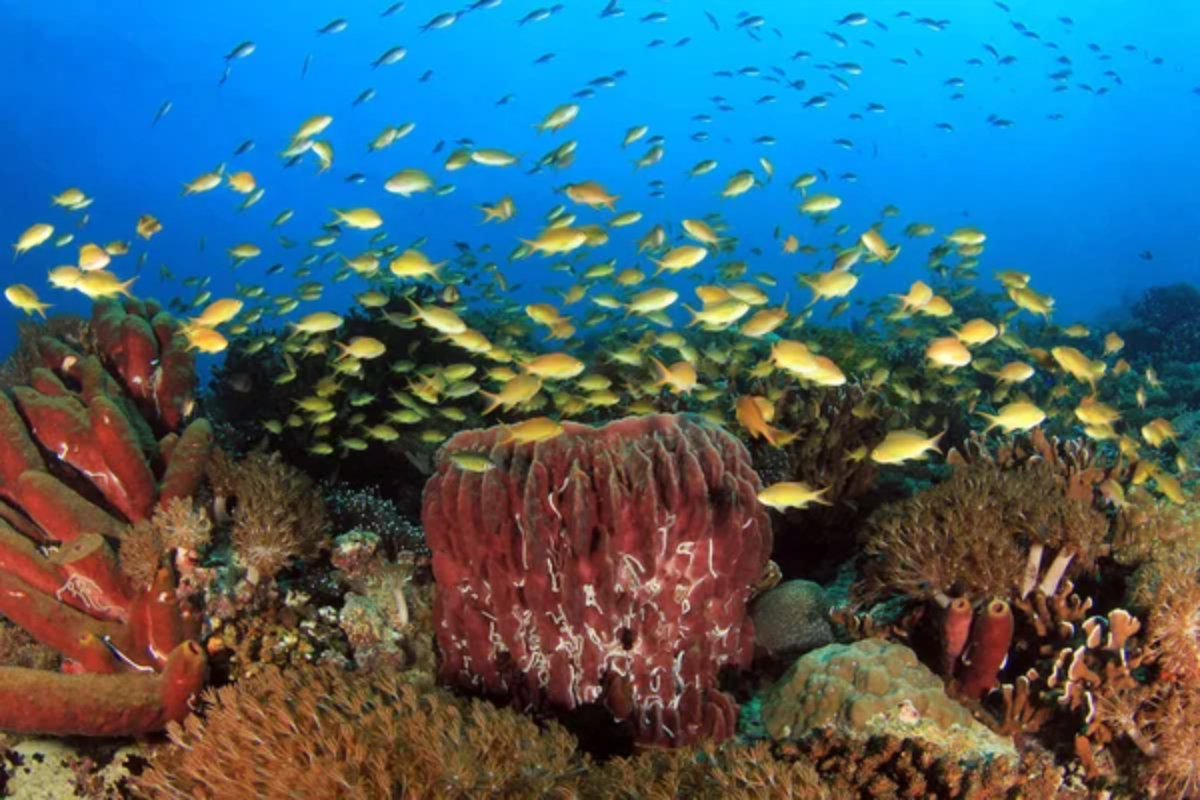
This tiny island near Cebu has become legendary in freediving circles for its vertical walls and sardine runs. The nearby village of Moalboal offers affordable training and accommodation with a relaxed Filipino vibe.
Local spearfishers demonstrate impressive techniques developed over centuries of subsistence fishing.
Kalk Bay, Cape Peninsula, South Africa
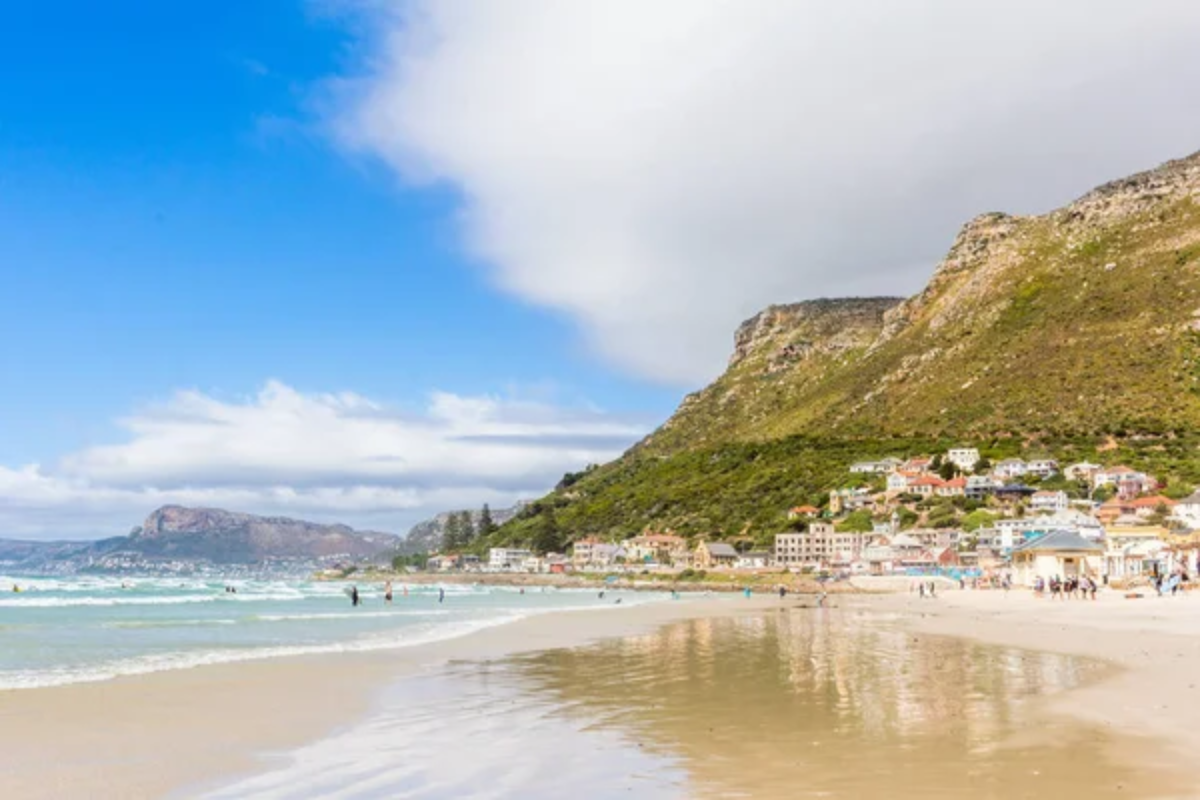
This working fishing harbor near Cape Town provides access to two oceans with distinct diving conditions. The cold Atlantic waters host giant kelp forests, while the warmer Indian Ocean side teems with tropical species.
Local spearfishing guides emphasize safety in these challenging waters known for powerful currents and diverse marine life.
Like Travel Pug’s content? Follow us on MSN.
Xlendi Bay, Gozo, Malta
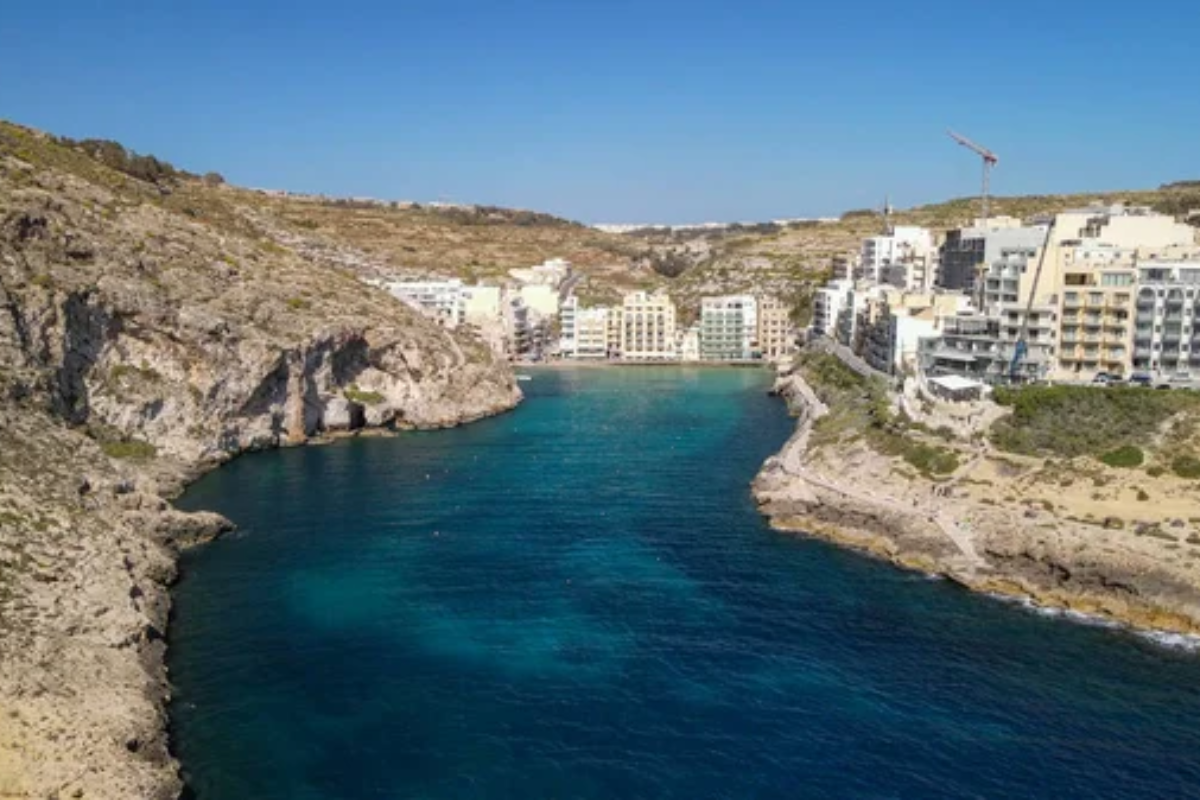
This peaceful inlet on Malta’s sister island offers some of the Mediterranean’s clearest waters. Xlendi’s underwater landscape features caves, canyons, and dramatic drop-offs within swimming distance from shore.
The village maintains strong connections to traditional Maltese fishing methods that incorporate freediving techniques dating back to ancient times.
Russell, Bay of Islands, New Zealand
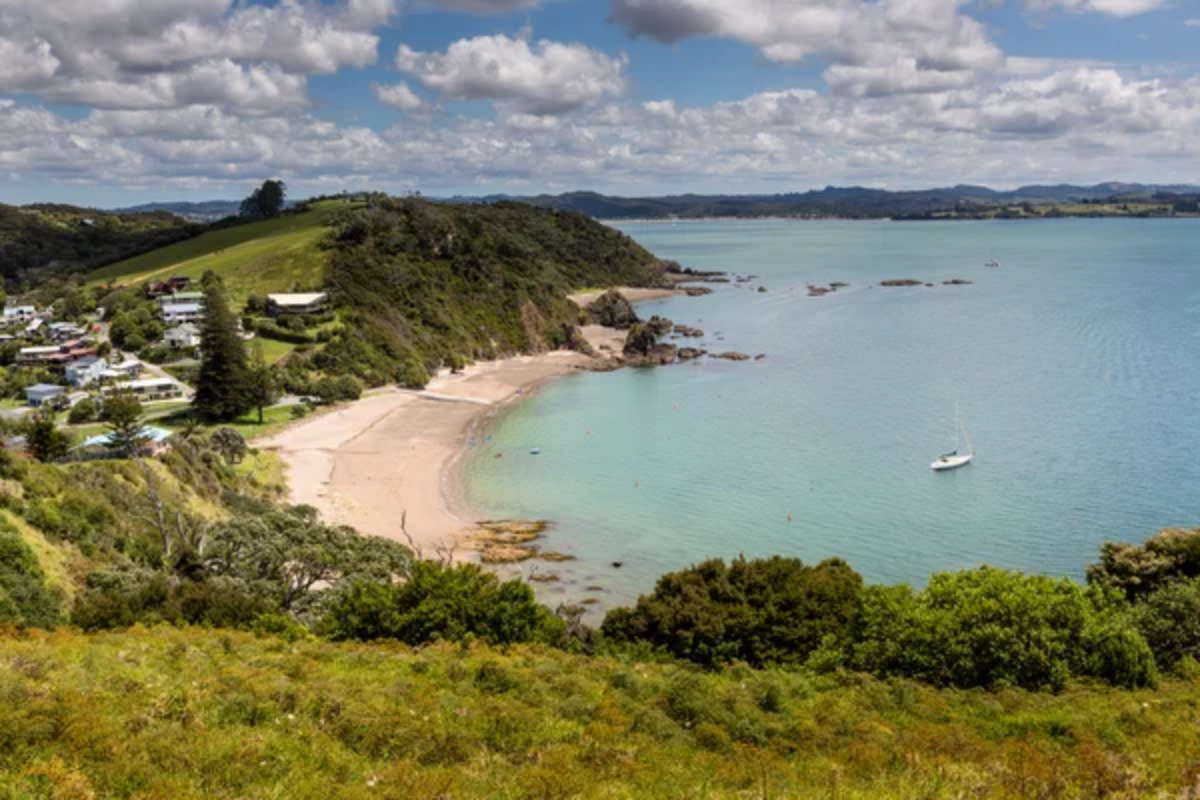
This historic settlement provides access to diverse underwater environments in the temperate waters of northern New Zealand. Russell’s protected harbors offer ideal training conditions before venturing to offshore reefs.
Local Māori influences infuse the spearfishing scene with traditional knowledge and respect for marine resources.
Utila, Bay Islands, Honduras
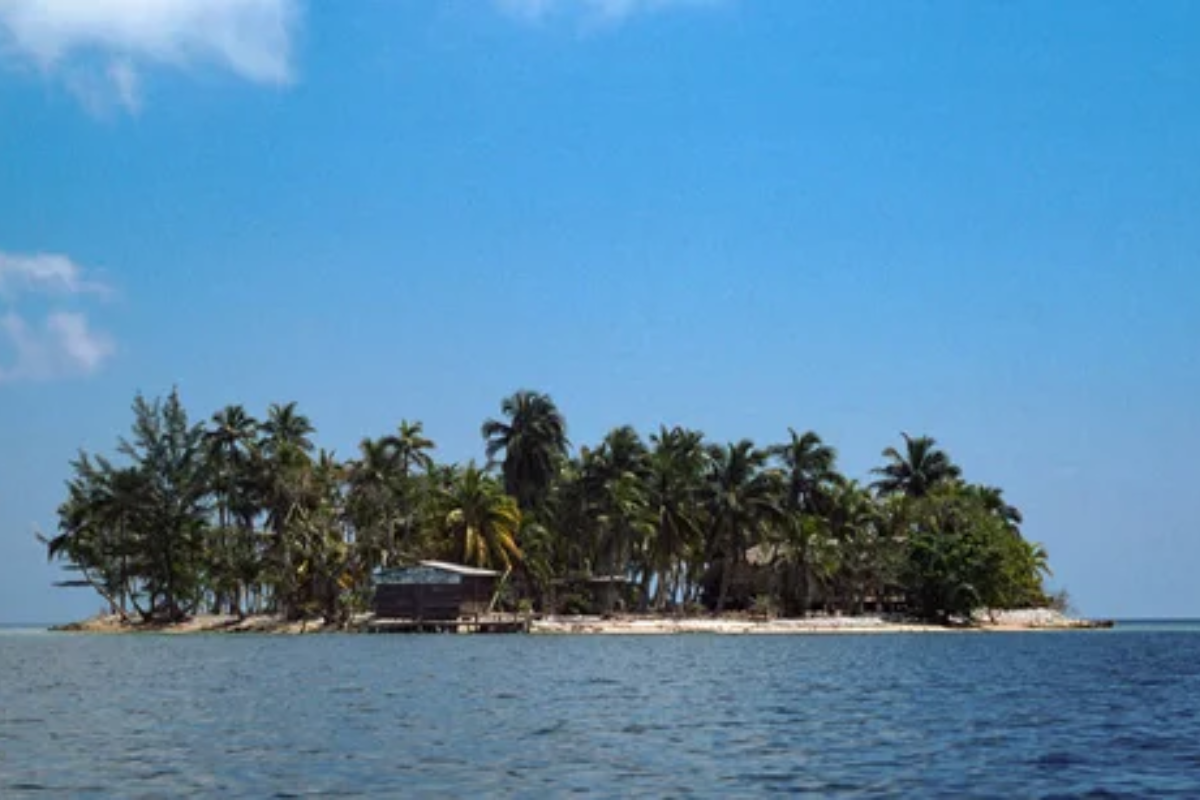
The smallest of Honduras’ major Bay Islands offers world-class freediving conditions without the crowds. Utila’s waters feature underwater mountains, coral gardens, and the occasional whale shark encounter.
The village’s international community of instructors creates a melting pot of freediving philosophies and approaches.
Like Travel Pug’s content? Follow us on MSN.
Noli, Liguria, Italy
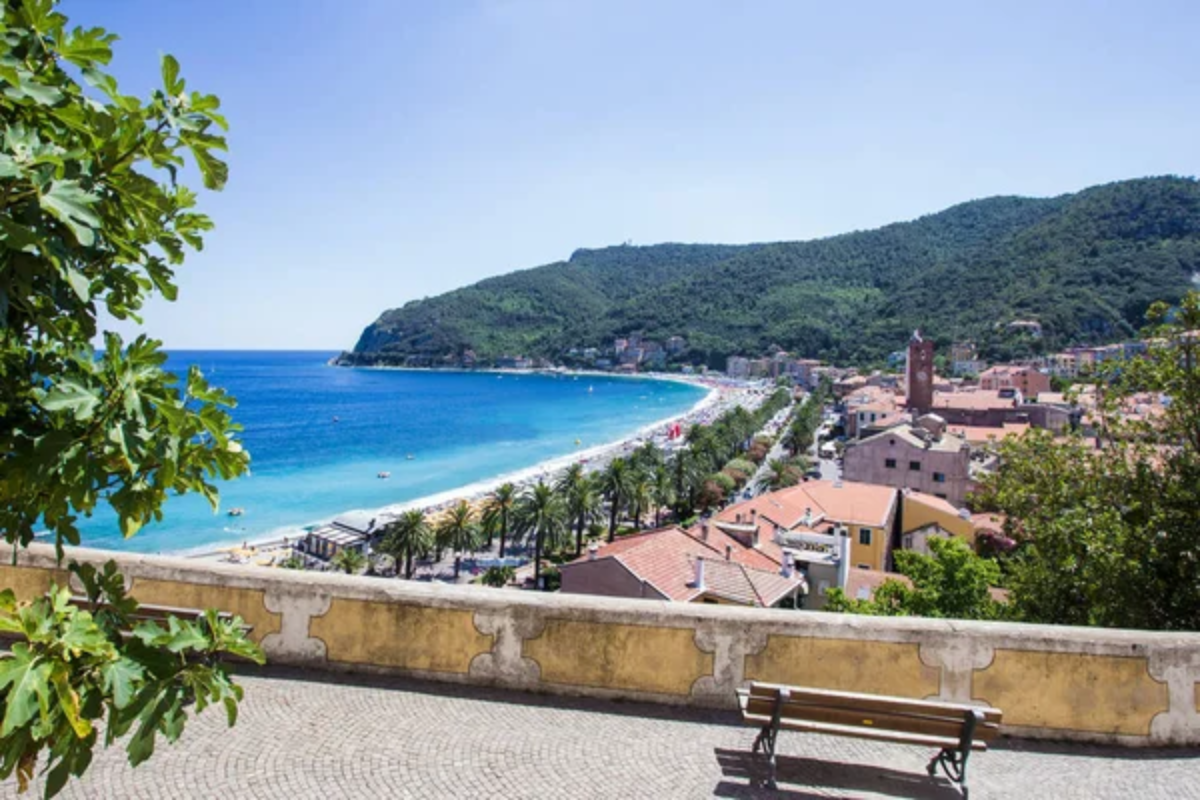
This medieval walled town on the Italian Riviera harbors a passionate community of freedivers and spearfishers. Noli’s waters contain numerous underwater archaeological sites alongside rich marine life.
Local traditions of sustainable fishing inform the teaching methods at several small diving schools along the picturesque harbor.
Adrasan, Antalya Province, Turkey
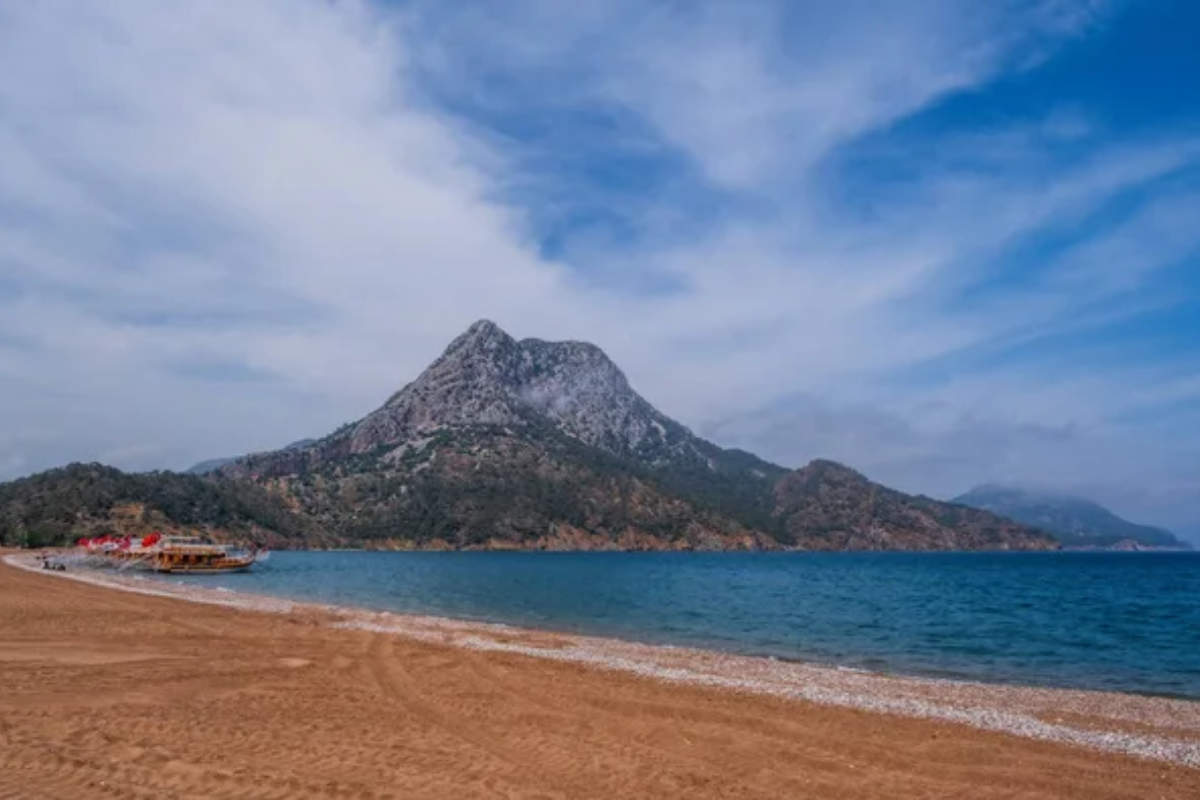
This off-the-beaten-path bay along Turkey’s Turquoise Coast is still far from the discovery of mass tourism. Adrasan’s transparent waters gently slope towards tremendous depths, perfect for graduated training.
Village fishermen proudly teach old-fashioned spearfishing skills that have been unchanged for hundreds of years.
Cabo Pulmo, Baja California Sur, Mexico
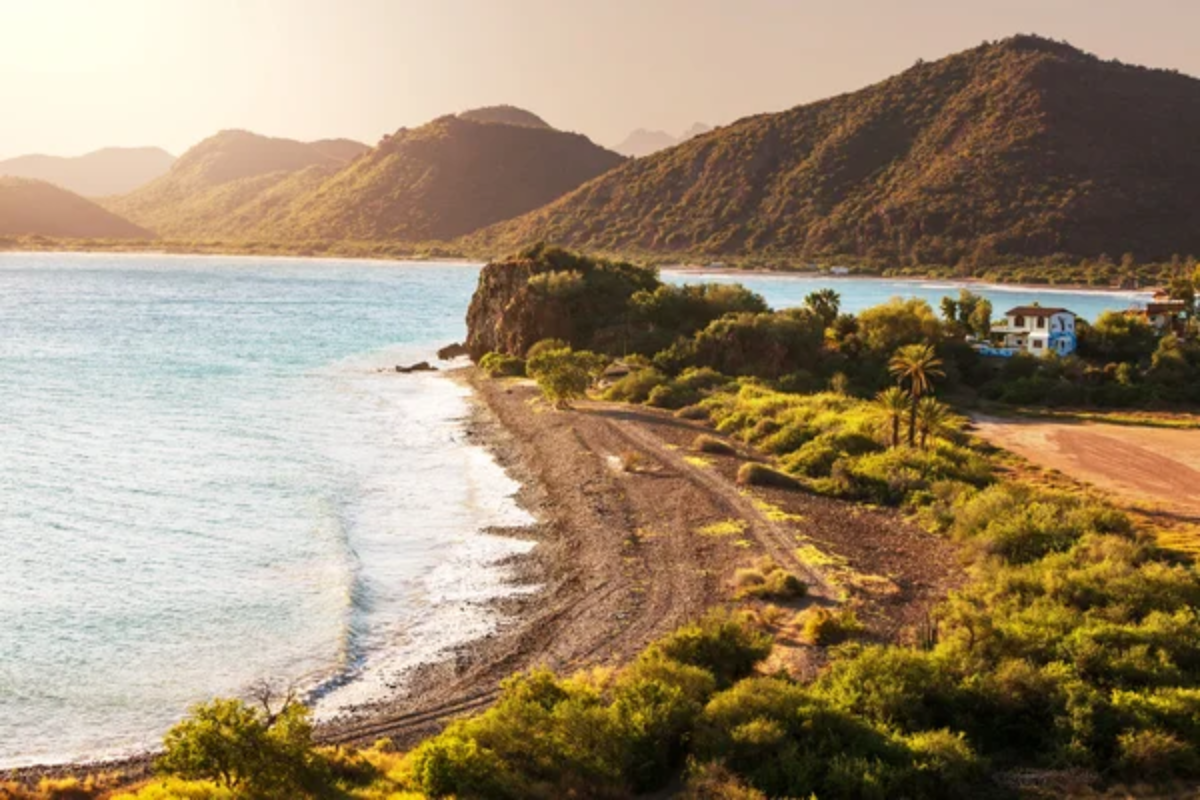
This isolated village has transformed from a fishing village to a conservation triumph. Cabo Pulmo’s national marine park is now alive with activity and offers breathtaking freediving.
Local fishermen who formerly fished these waters now instruct travelers in marine ecology and diving skills.
Like Travel Pug’s content? Follow us on MSN.
Hout Bay, Western Cape, South Africa
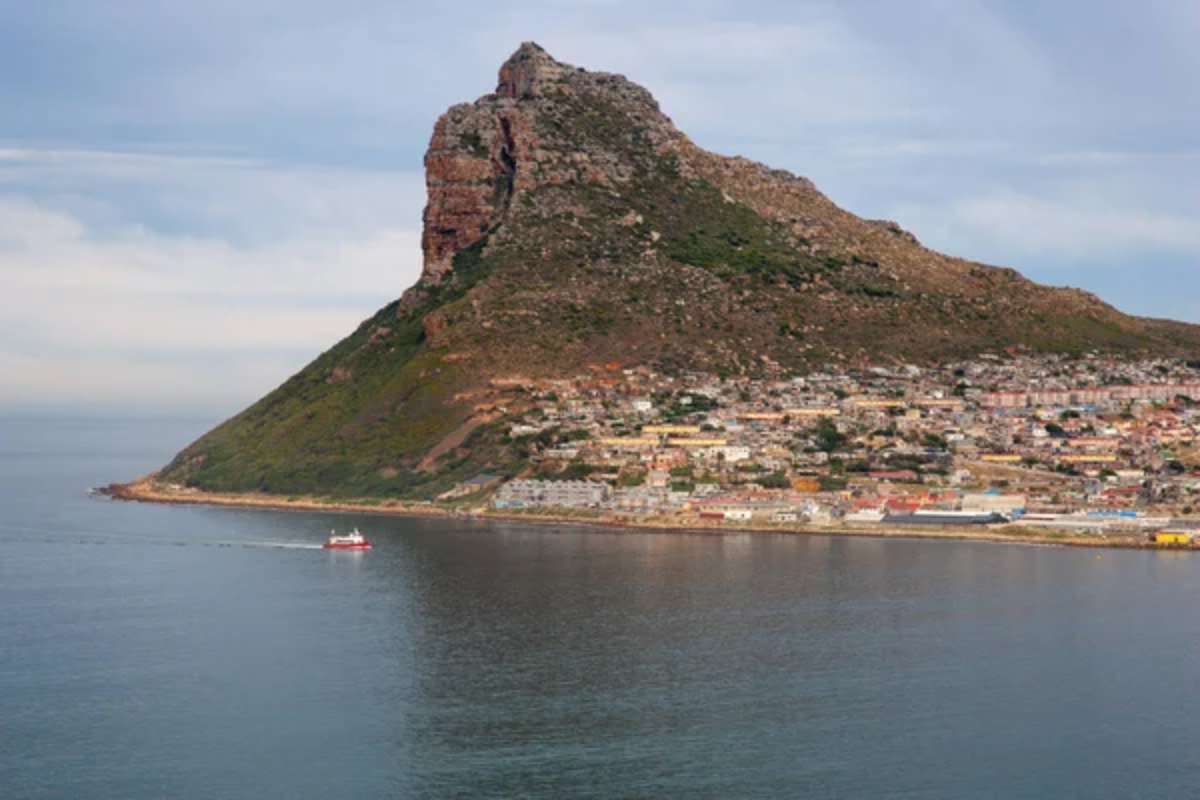
Surrounded by mountains and the welcoming ocean near Cape Town, Hout Bay offers varied underwater surroundings. Cold, nutrient-rich waters allow marine life to thrive, from vibrant reef fish to pelagic visitors.
Spearfishing clubs in the area extend a welcome to newcomers with safety-oriented instruction in these demanding but worthwhile conditions.
Onna Village, Okinawa, Japan
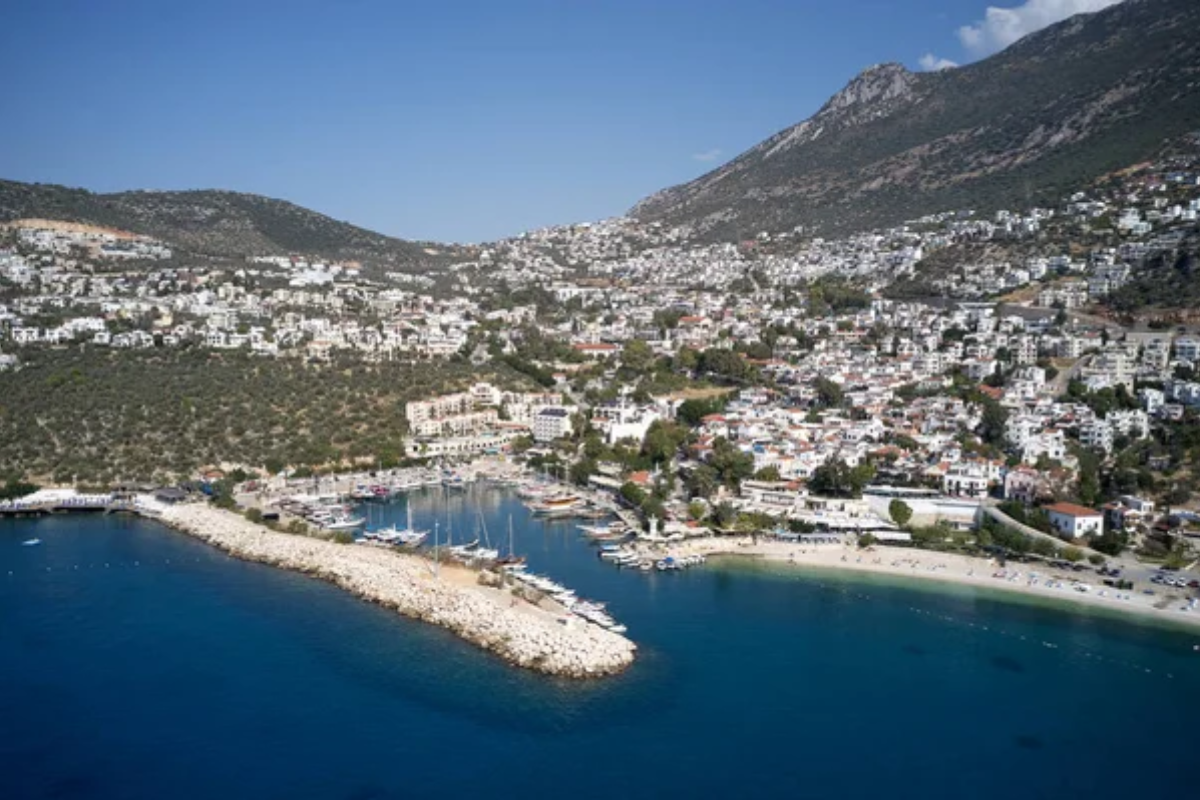
This seashore town maintains Okinawa’s special freediving culture in the midst of breathtaking natural scenery. Onna’s crystal-clear waters include underwater caverns, coral reefs, and vertical walls within swimming distance of the shore.
Village elders share traditional breathing methods promoting longevity along with modern freediving training.
Zihuatanejo, Guerrero, Mexico
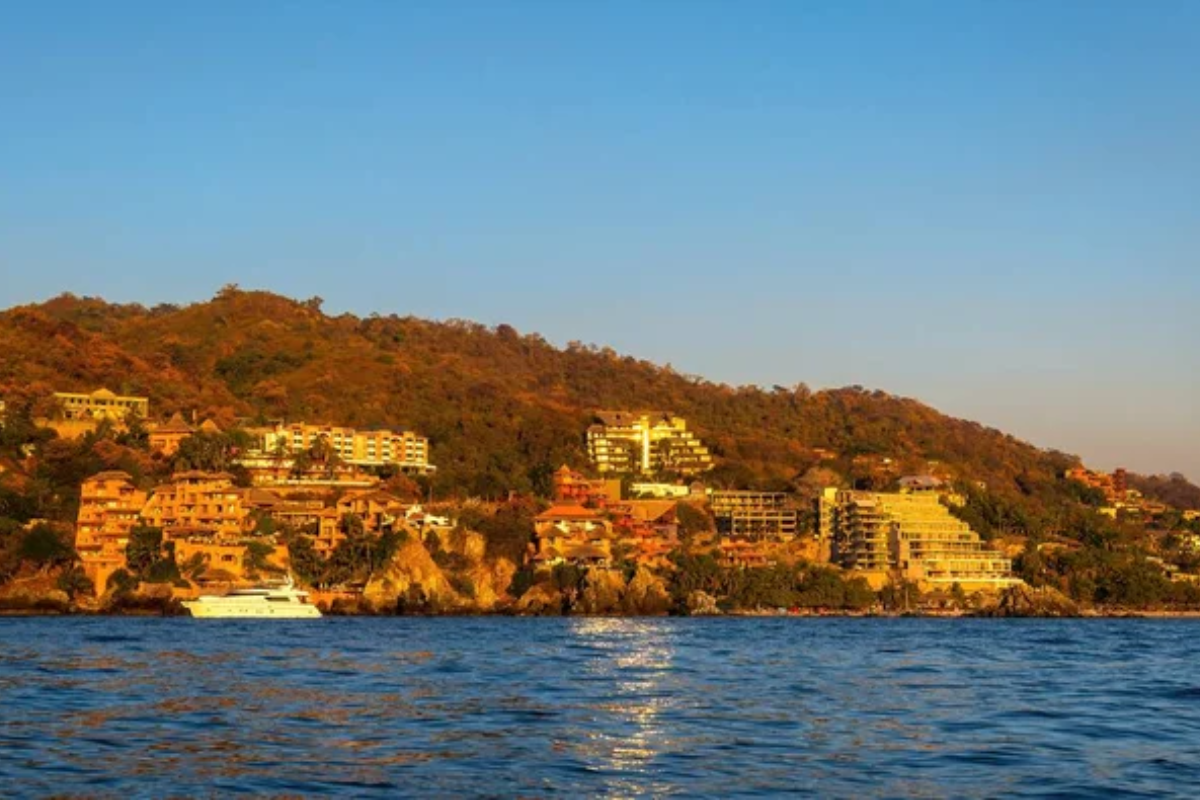
This fishing village turned low-key resort town maintains strong connections to traditional spearfishing. Zihuatanejo’s protected bay provides ideal training conditions before venturing to nearby Pacific reefs.
Local fishermen share generations of knowledge about sustainable harvesting through practical in-water instruction.
Like Travel Pug’s content? Follow us on MSN.
The Enduring Connection Between Humans and Oceans
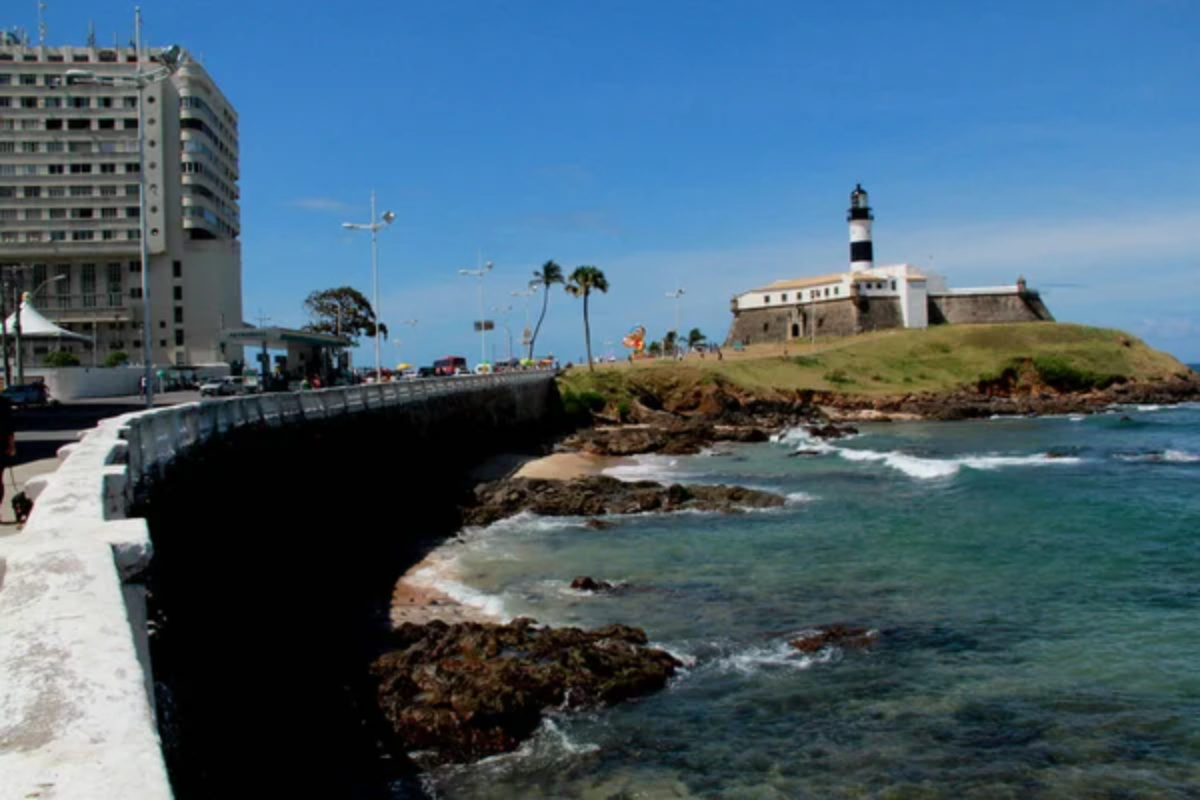
These coastal villages teach more than technical skills—they present windows into cultures formed by profound connections with the sea. The customary knowledge retained in these communities augments contemporary freediving and spearfishing methods.
People who visit these locations with an open heart tend to leave with redesigned outlooks on ocean environments and human abilities.
More from Travel Pug

- Cities Growing so Fast You Won’t Recognize Them in 10 Years
- 13 Destinations Where Tourists Regularly Regret Their Trip
- 20 Obscure WWII Sites Even History Buffs Don’t Know About
- 10 Under-the-Radar Mountain Towns That Are Both Affordable and Beautiful
- Remote Villages in Europe Where You Can Live for Free in Exchange for Work
Like Travel Pug’s content? Follow us on MSN.
